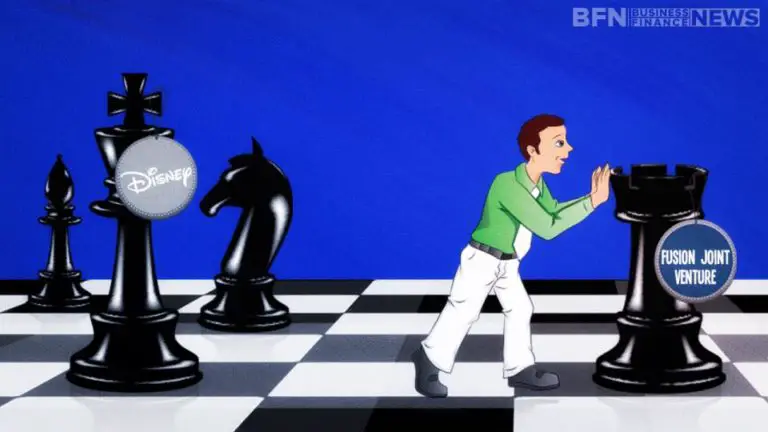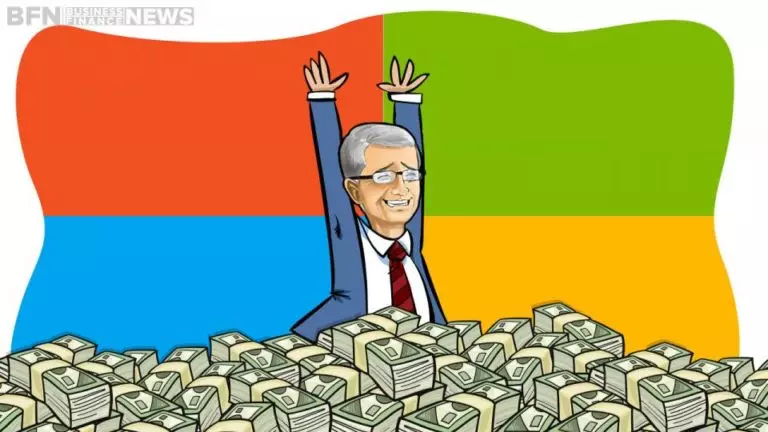Apple Inc. Is Not the Only Company Allowed to Use the ‘iPhone’ Label in China
Chinese company, Xintong Tiandi wins the right to brand its leather products with the famous iPhone label.
When it comes to the term iPhone, it’s hard to imagine association with any company other than Apple Inc. (NASDAQ:AAPL). The reality, on the other hand, is far from it as a Chinese company, Xintong Tiandi Technology Ltd, sells handbags and other leather products branded “IPhone.” It is written with a capital “I”. It comes as no surprise that the tech giant took swift action against the Chinese company, appealing to the courts for further action. Apple’s efforts, however, were of no avail as the Beijing Municipal High People’s Court passed a ruling last week, siding with Xintong Tiandi Technology.

According to the state media Legal Daily report, on March 31, the Beijing Municipal High People’s Court ruled in favor of the Xintong Tiandi Technology in a trademark dispute set forth by Apple. The court’s final decision highlights that it makes no particular distinction between “Apple’s lower-case ‘i’ in the brand and Xintong’s uppercase ‘I,’ referring to both company’s brands as IPHONE.” The court also highlighted that Apple flagship product (the iPhone) first became available for sale in mainland China in 2009.
Following the court’s ruling, Xintong Tiandi took to its website (this website closed in 2022) to state that the decision highlights the existence of a “free market.” The company further adds: “We will also make full achievement of the ‘iphone’ trademark, and work together [with Apple] to benefit more iphone consumers!”
The final verdict thus allows the Chinese company to brand its leather products, which includes purses handbags, passport, and cell-phone cases with the “IPHONE” label – a variety of which are already available on the company’s website, iphone.vc.It is interesting to note that the Chinese company first registered the “IPHONE” trademark in 2007 with respect to leather products, nearly half a decade after Apple had registered the same name in China for computer hardware and software.
Subsequently, in 2012, the American tech giant filed charges in a lower Beijing court, and to the Chinese trademark authority. Both parties have, however, ruled against the tech giant. In 2013, the Chinese trademark authority ruled that the American tech giant could not adequately prove that the “IPHONE” brand was well-known and thus widely recognizable in the region, prior to Xintong Tiandi’s registration in 2007. The latter’s actions would therefore not adversely impact Apple’s sales as “the general public will not link the trademark in dispute with Apple to harm its [Apple’s] interests.”
The latest ruling by the Beijing Municipal High People’s Court, thus reaffirms the Chinese trademark authority’s prior decision.
It should, however, be noted that this is not the first time that the tech giant lost a trademark dispute in China. Back in 2012, a court ruled that Apple must pay a Shenzhen tech company $60 million over the iPad name.
Given the historically volatile nature of operations and dealing in China and the particularly capricious relationship with authorities, coupled with the stagnating share movement, the company’s future in the region becomes more precarious.
We have studied investments from Netflix, new contracts signed by Orbital, SolarCity earnings report and their negotiation with Tesla for the acquisition of the Powerball battery, the problems that ARCH coal is facing, how IBM is investing in the treatment of the Zika virus, how Moon Express is planning to mine minerals in the moon, and how Citigroup is engaged in commodity trading.
We follow a lot Tesla here, from the fundamental analysis and from the technical as well. See how the Chevy Bolt and the Tesla 3 are dimensioning the evolution of the price of this shares and how this could affect technical analysis, and how the Autopilot functionality is working: the evolution of the Autopilot software has always influenced the prices of their stocks. Tesla Model S 70D is considered the “car of the century”, not by us of course, but we are interested to see how these awards affect the evolution of the stocks. Tesla and other companies signed an agreement so that autobraking became the standard in 2022. A trend in the automobile industry started by Mercedes Benz and Tesla, is having a platform to sell pre-owned vehicles: now General Motors is joining that trend as well.
We have studies how the stock slump of GoPro should be considered not only from the view of technical analysis. Also, check the functionality from Facebook, the “login approval” and if it really protects users or other interests. The reports from Volkswagen about their very low injury claims, how now other companies in China can use the name “IPhone” apart from Apple. We continue in China to learn about the Marketplace Alliance Program from Alibaba, and the joint investment in CloudFlare from Google Inc, Microsoft Corporation, Qualcomm, and Baidu.
About Google, a company we follow a lot here, I want to see how they have entered in the batteries market and how this will affect their current projects and the evolution of the stocks. Interesting are the Chrome updates to decrease CPU usage.
We analyze the effects of the position of Disney in the dispute between Netflix and Time Warner, so we can understand how Disney is shifting its business after selling its stake in Fusion.
We discuss briefly how Oracle adressed the changes in the cloud-computing industry, why Morgan Stanley is optimistic after the pandemic and the Brexit, the divestment in Dell regarding Perot Systems, and the effects of the huge minimum wage rise in Costco. Chipotle is cutting the executive compensation, the issues that BP is facing, what happens with Macy´s earnings and how fundamental analysis can be done in those cases. About Apple, we analyze the effect of the launch of this product Apple Watch where sales performed very irregularly.

I am David, economist, originally from Britain, and studied in Germany and Canada. I am now living in the United States. I have a house in Ontario, but I actually never go. I wrote some books about sovereign debt, and mortgage loans. I am currently retired and dedicate most of my time to fishing. There were many topics in personal finances that have currently changed and other that I have never published before. So now in Business Finance, I found the opportunity to do so. Please let me know in the comments section which are your thoughts. Thank you and have a happy reading.



